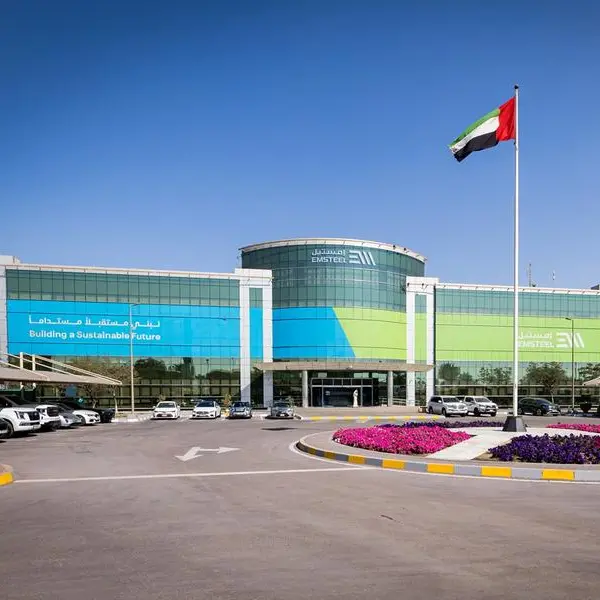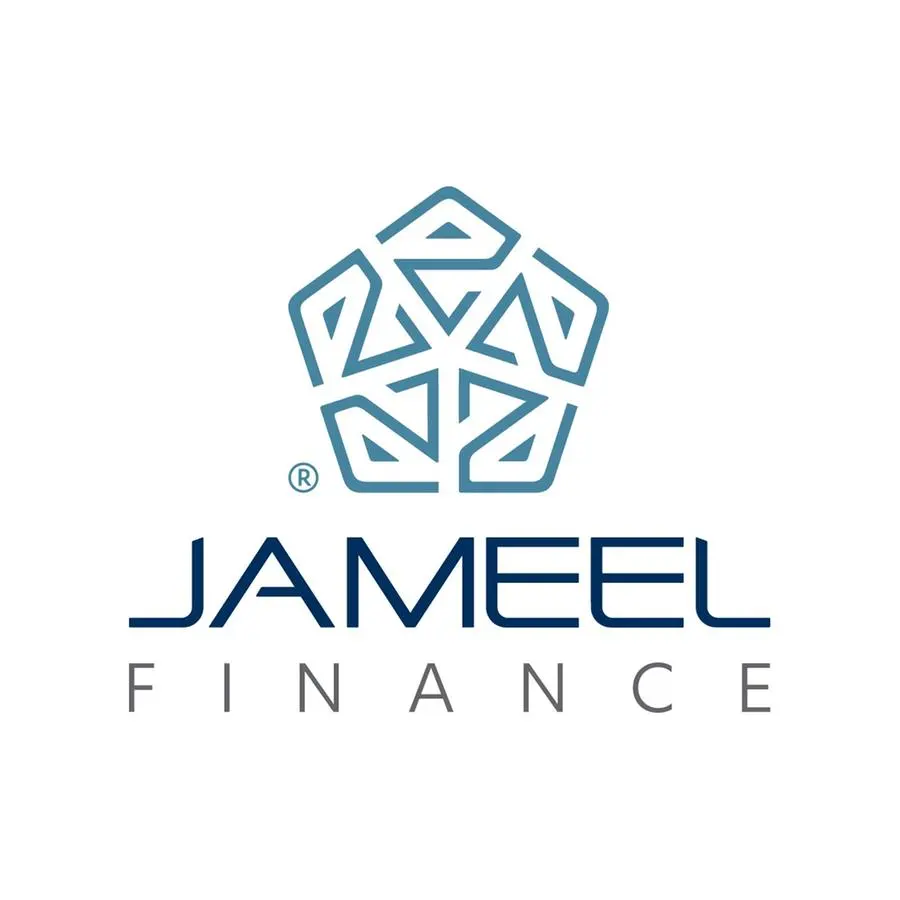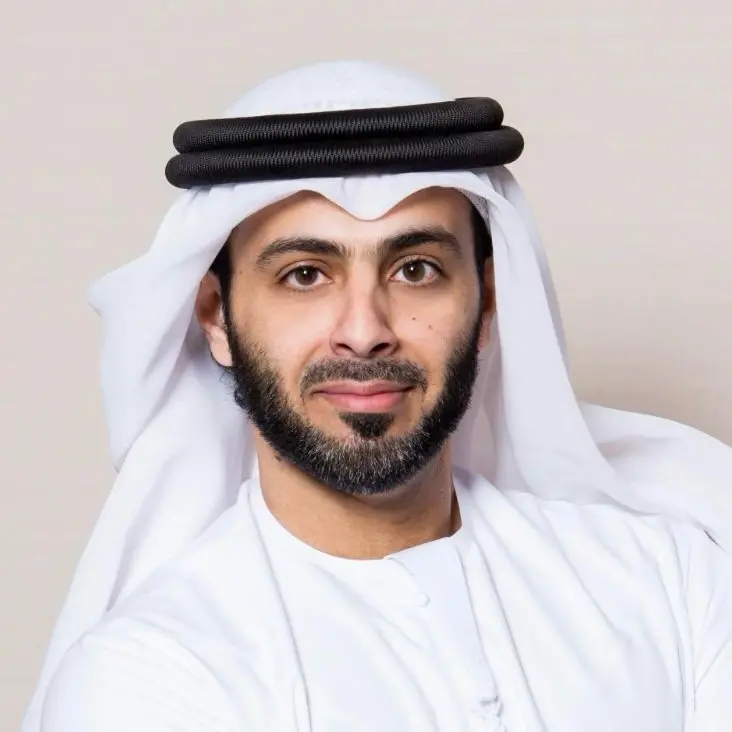Heavy industry can be replaced as a result of digitisation - a benefit that countries with limited heavy industry, such as the UAE, can take advantage of
Digitalisation era means technology is no longer a boundary to development
Entire manufacturing lifecycle set to benefit from the implementation of digitalisation
Abu Dhabi, UAE, March 30, 2017
Digitisation is transforming manufacturing, with technologies such as augmented reality and 3D printing reinventing product lifecycles. Technology providers, however, must do more than keep pace with the trends that are reshaping industry in order to best serve their customers – they must also consider the impact that it will have on their own businesses, as was discussed during a panel at the Global Manufacturing and Industrialisation Summit (GMIS), in Abu Dhabi.
Reinhard Geissbauer, Partner and Industry Lead, Industry 4.0, strategy&, moderated a keynote panel discussion entitled ‘On the Edge of Technological Convergence’, with Assem Khalaili, Executive Vice President, Industry Customer Services MEA, Siemens Middle East; Mohammad Ehteshami, Vice President and General Manager, Additive Integration, GE Additive, and Dr Chunyuan Gu, Senior Vice President, ABB Group; Chairman and President, ABB (China).
Speaking on the way impact that future technology trends will have on industry, Assem Khalaili said: “When we look at the future trends in technology, such as digital, 3D printing or additive, and automation, fundamentally they share the same requirements: the interaction between man and machine. A lot of people talk about machines replacing them in the workplace, but I don’t believe in that – I believe in man and machine working together to enhance the product, and to satisfy the customer.”
He added: “You no longer need heavy industry – you can take a big foundry and reduce it to a 10x10 if you will, and all you need is a programmer that inputs it into the machine, and the part comes out. For this region, that has not had a lot of heavy industries beyond petrochemicals, this is a huge opportunity.”
On the way in which technology is transforming mind sets of developers and their customers alike, Mohammad Ehteshami said: “In the past we used to take technologies as boundaries that we had to cross in order to develop ourselves. The digitalisation era, as I like to call it, is changing this methodology. It’s adaptable, it’s possible, usable, and it can bring us across these boundaries very fast. From a customer or end-user’s point of view, I believe this era will enable them to think more about his production, than the technology. Call it finger printing, call it digitalisation, data analytics… we should develop the technology that will enable businesses to become faster, more competitive, and that will be more useful to them. This is what we need to focus on, and this is what our customers expect us to provide for them, though we should also work hand in hand with them to bring these technologies into their business.”
On the ways in which digital can benefit customers, Dr Chunyuan Gu said: “Manufacturing is a very competitive industry. Digital is an integrated ecosystem that brings flexibility, efficiency, and reliability, throughout the entire manufacturing lifecycle. With these kinds of solutions, we can help our customers to really meet more diverse market demands. We need to shift, gradually but with agility, to mass production, with low varieties and a much shorter production lifecycle. We also see this digital solution helping our customers to integrate both horizontally and vertically with the supplier, manufacturer, distributer and end user.”
The inaugural Global Manufacturing and Industrialisation Summit is being held at the Paris-Sorbonne Abu Dhabi University, UAE, until March 30, 2017. A joint initiative by the UAE Ministry of Economy and the United Nations Industrial Development Organization (UNIDO), and co-hosted with the Abu Dhabi Department of Economic Development, the Summit is held under the patronage of His Highness Sheikh Mohamed bin Zayed Al Nahyan, Crown Prince of Abu Dhabi and Deputy Supreme Commander of the UAE Armed Forces. The Summit is the world’s first global gathering for the manufacturing community, bringing together decision-making leaders from governments, businesses and civil society organisations to shape a vision for the sector’s future.
The Summit is a global platform for participating attendees to learn from best practices from across the world. This unprecedented global gathering will spark new ideas and set the stage for debate and action – addressing ways in which manufacturing can shape and reshape the world, integrating activities between developed and emerging markets, and delivering on social responsibility towards future generations. Leaders from the public and private sectors, along with representatives from civil society organisations, will gather to discuss global challenges within the manufacturing sector, looking specifically at six themes: technology and innovation; global value chains; skills, employment and education; sustainability and environment; infrastructure; standards, and stakeholder alignment.
-Ends-
About the Global Manufacturing and Industrialisation Summit
As the world’s first cross-industry forum, the Global Manufacturing and Industrialisation Summit is a global gathering for manufacturing minds. It is a voice and a venue for global manufacturing transformation. More than 1,200 delegates will attend, including world leaders, industry CEOs, policy-makers, specialist researchers and academics. The Global Manufacturing and Industralisation Summit will deliver (i) a voice for transformational ideas, (ii) a venue for the generation of new networks and cross-industry partnerships, (iii) a showcase for pilot projects arising from cross-industry research,
Global Agenda on the Future of Manufacturing
The conference will focus on the role of manufacturing in reconstructing the global economy and restoring global prosperity. Leaders from the public and private sectors, along with civil society representatives, will gather together to discuss global challenges facing the manufacturing sector. The discussions will focus around six themes: technology and innovation; global value chains; skills, employment and education; sustainability and environment; infrastructure; standards and stakeholder alignment. The participants will form working groups to identify concrete action plans and recommendations that outline potential solutions to global issues, as well as showcase best practices and case studies from across the world. To highlight an example of global issues, the inaugural conference will focus on the issue of economic migration, with the aim of establishing a manufacturing platform that will bring together countries facing emigration or immigration challenges with regional countries that seek to support economic reconstruction. These countries will work together with manufacturers and the wider United Nations network on restoring global prosperity.
The Manufacturing Expo
Capitalising on the huge presence of the global manufacturing community under a single meeting venue, the Manufacturing Exhibition will offer space to corporations looking to showcase their products, services and latest innovations or technologies that can further contribute to promoting global economic development. The Manufacturing Expo consists of four components: an exhibition showcasing the manufacturing capabilities of the host country; international pavilions showcasing the manufacturing capabilities and economic incentives of each participating country; an innovation exhibition that demonstrates the latest fourth industrial revolution technologies; and an event for SMEs to present their products and solutions to potential customers.
The Global Value Chain Market
The Global Value Chain Market (GVCM) is a business matchmaking platform dedicated to increasing regional and international partnerships and opportunities. The platform will provide networking and sourcing opportunities both online and onsite via pre-scheduled meetings with the vision of forging investment opportunities, commercial partnerships, and encouraging technological transfer and knowhow. The platform will enable countries to identify and meet global manufacturers to promote industrial development, and familiarise global manufacturers with targeted industrial activities in various countries. The GVCM will become a source of valuable information for global investments, providing insights on legislation and regulations, sovereign risk, political stability, and physical and logistical infrastructure.
For additional enquiries contact:
ASDA’A Burson-Marsteller
gmis@bm.com
Mohammad Shaban
mohammad@gmisummit.com
© Press Release 2017



















